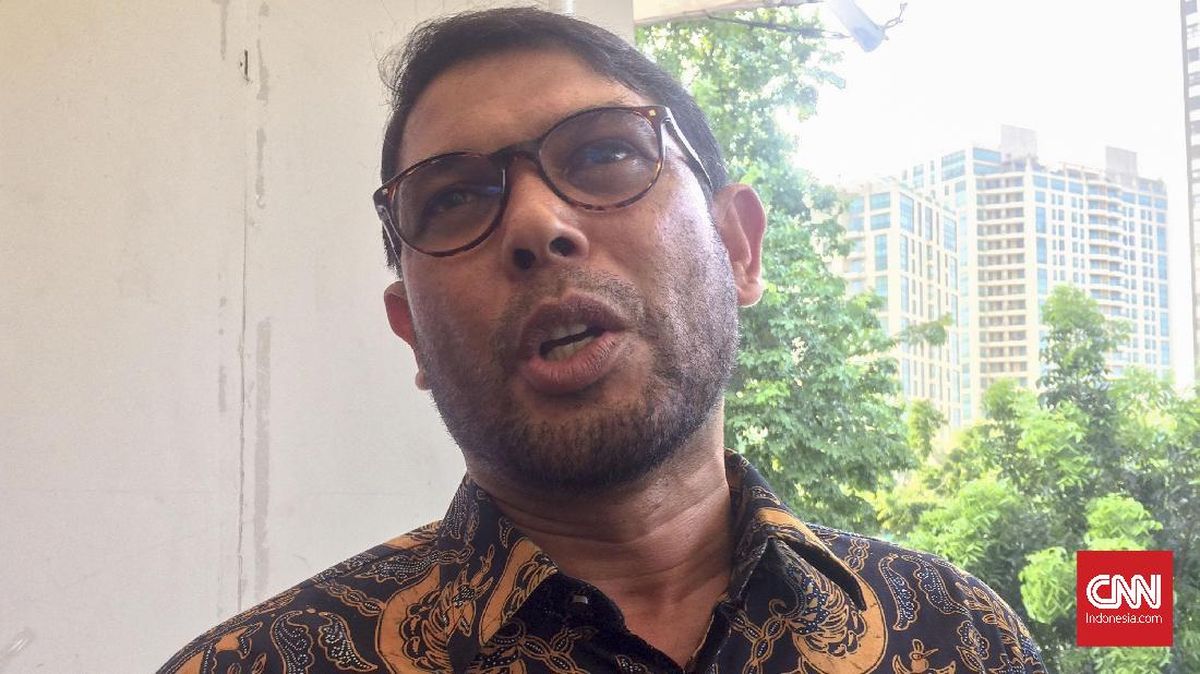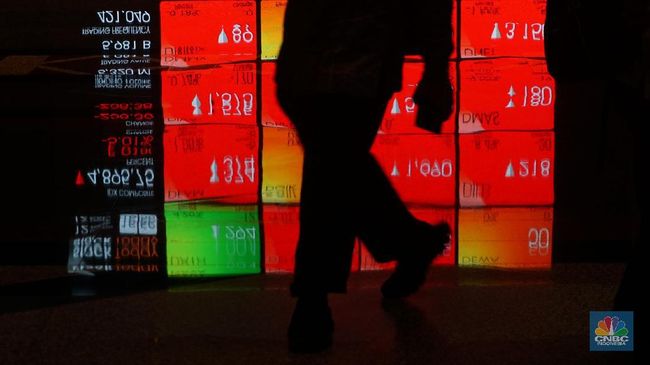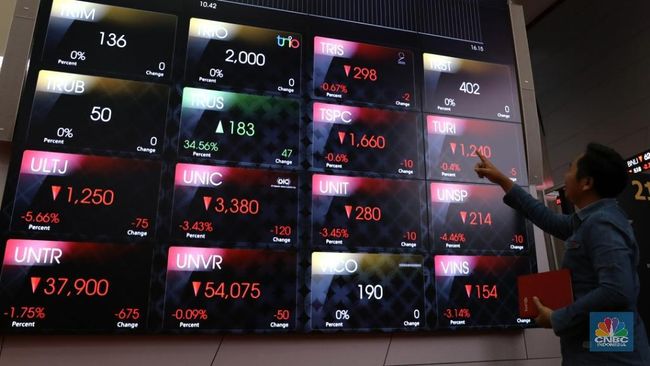
Nobody likes waiting in line at the Department of Motor Vehicles. But it could be worse. You could be scammed out of money by someone pretending to text you from the DMV.
There's a growing nationwide trend of cybercriminals trying to convince people that they owe the DMV money for a traffic violation via text. If you don't pay, they threaten to revoke your license or suspend your vehicle registration.
"There's usually some sort of urgent action required in order to avoid having your license cancelled," said Charlie Norman, the state registrar of motor vehicles at the Ohio Department of Public Safety. "We saw it recently [in a scam] on unpaid toll notices. Individuals are being urged to click on a link. It's a phishing attempt to get your personal information."
The rise in DMV scams isn't surprising to Allison Miller, founder of Cartomancy Labs, an advisory firm that works with cybersecurity and software development companies. Many DMVs that have gone digital and now text their customers important information, making it an easy target for scammers.
DMV scam texts have recently been sent to people in Indiana, Ohio, Maine and Texas -- but they can happen in any state. Make no mistake -- there is only one goal: To fill the pockets of your unfriendly neighborhood scammer.
What do DMV scam texts look like?
There are different types of DMV text scams, but they all share similarities. Above all, they'll try to create a sense of urgency to get you to respond before you can second-guess the text
"These texts follow the same pattern, the threatening tone, the abnormal sense of urgency to complete a task, so if you don't do this, then this happens," said Norman.
For instance, some DMV texts have been warning the recipients that if they don't pay their fine, their vehicle registration will soon be suspended, driving privileges will vanish for 30 days and many of the texts warn of a "transfer to a toll booth and charge a 35% service fee," which doesn't even make sense. Transfer to a toll booth?
The scam text might even cite an ordinance or code that seems legitimate. For instance, official-looking language in the text, like, "in accordance with North Carolina State Administrative Code 15C-16.003..."
That specific code, actually, shows up in a lot of DMV scam texts, no matter what the state. In many cases, like in Georgia, the code doesn't exist. In Florida, the code is real, and it does have to do with vehicles, but it's related to how individuals or businesses maintain them.
Many of the texts also warn that if you don't pay up, you will go to jail and your credit score will be affected. You'll be given a link to click on where you can pay and relieve all of this stress. Though if you actually click it, instead you'll deal with the stress of having given a criminal your money and possibly your personal or banking information.
"Scammers likely find the most success when they impersonate large entities with many clients," said Miller. It's easier for the scammer that way, Miller explained, because they don't have to do any research on their target if they simply send out a mass scam text.
How to avoid falling for a DMV scam
The best way to not fall for these scams is to ignore any text that comes in with a link. That's the obvious first step. If you get one of these texts, "do not click on the link, just delete the text," Norman said.
But that's easier said than done, since your DMV may text you. Norman can't speak for all state DMVs, but he said that in Ohio, you aren't going to get a text from the DMV that will be demanding money that you owe.
"We do have texts that we will send out, but in every circumstance, it's a text that you've signed up for," Norman said. "For instance, you've requested a reminder to renew your driver's license or your registration. And we'll never send one asking for personal information."
You should also be on the lookout for inconsistencies. For example, although DMV is the most commonly used acronym for the Department of Motor Vehicles, many states have different names for this government agency. In Arizona and New Mexico, it's referred to as the Motor Vehicle Division or MVD while in Indiana it's the Bureau of Motor Vehicles or BMV. If you live in a state that doesn't refer to this center as "DMV," it's more likely to be a scam.
If you think the text seems legitimate, don't click the link. instead, log into your online account or reach out to the DMV by phone, email or in person to confirm.
"It's a good idea to mentally press pause, and open up a fresh browser window to go find the main, legitimate site, or app, if you know for sure it's legit," said Miller. She added that if the website allows you to login, you can likely get any important notifications and check any balance owed there.
What to do if you've fallen for a DMV scam
Norman said that so far, he knows of nobody who has fallen for the DMV text scam, but he does receive phone calls from people asking if the texts are legitimate.
If you suspect you fell for a DMV scam, here's what you should do:
Report the scam
"You can report the fraud to FTC.gov, the Federal Trade Commission," Norman said.
The FTC keeps track of scams, and the only way they can work to stop them is if they are aware of them.
Norman added that if you've lost money to a text scam, you'll need to do more than go to the FTC: "If you havebeen a victim, we encourage people to contact their local law enforcement."
Fortify your finances
If you're unsure if you gave out any personal information -- maybe you clicked on the link but immediately came to your senses and left the website -- you may want to contact your bank to ask them to be on the lookout for any weird activity. Or you might want to subscribe to an ID theft protection and monitoring service if you're worried about scammers possibly having sensitive personal information of yours, like your Social Security number.
Always think before you click
DMV scams are likely stick around, so be vigilent. Norman said that about 10 minutes after CNET contacted him for an interview, his father sent him a screenshot of a DMV text, telling him he owed money for a traffic violation.
"Dad, it's a scam," Norman said.
"I knew it was," his father replied. "I just wanted to make sure you knew about this."
But if everyone who thought about clicking on these links ran the suspicious text by someone else first, to get a second opinion, there would likely be far fewer scam victims.

 5 hours ago
2
5 hours ago
2
















































